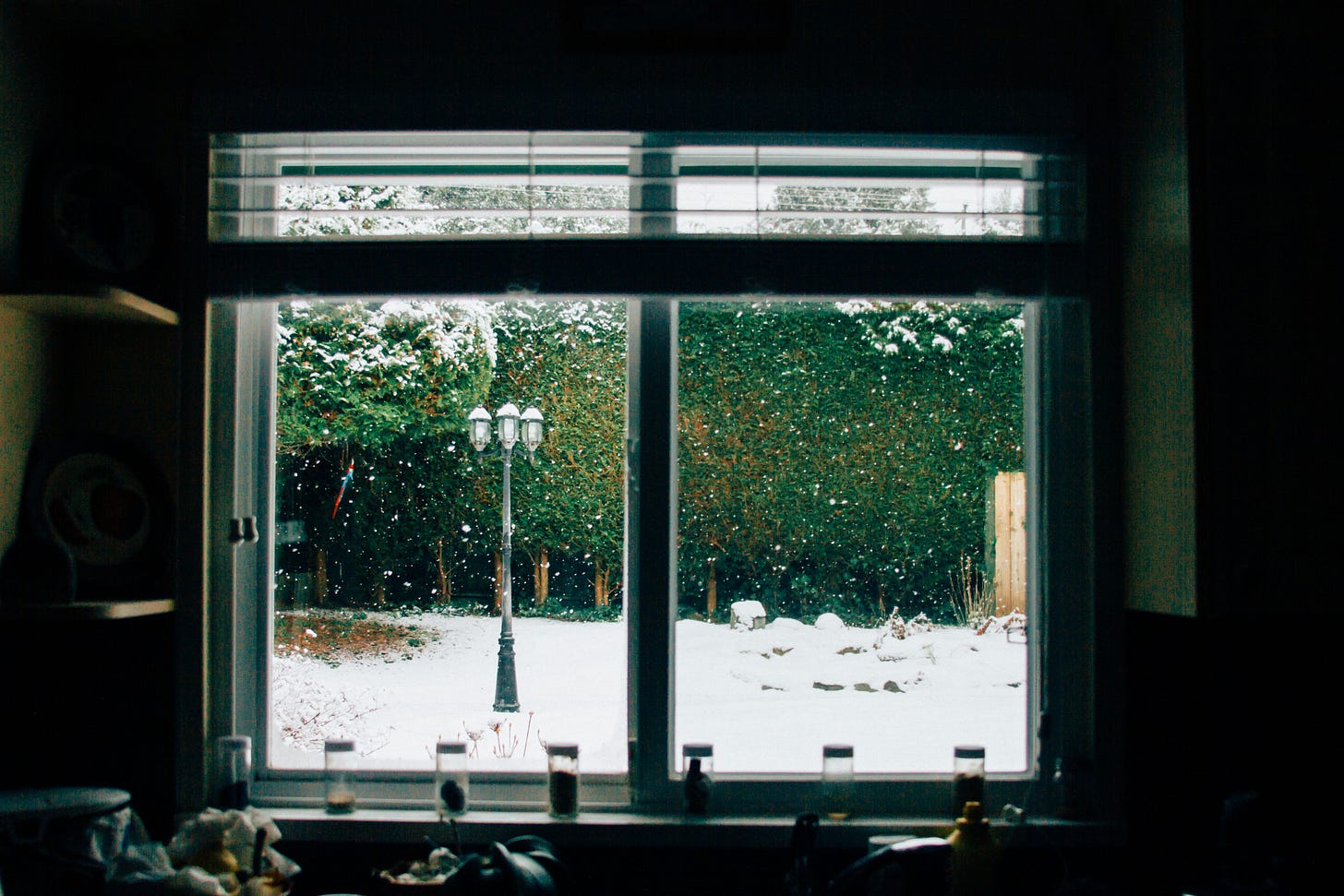Writing in the Dark turns two years old on December 1!
In celebration of that big birthday, I’m sharing, over the next couple of weeks (here and on Notes), some short and very slightly updated highlights from the in-depth two-part series (Part One, Part Two) I wrote last year on how I built Writing in the Dark (and, more broadly, the principles by which I build my entire creative life).
To note, Writing in the Dark has more than tripled in size across all metrics since this time last year, but these core lessons remain exactly the same.
Here are two—with more to come. ❤️





